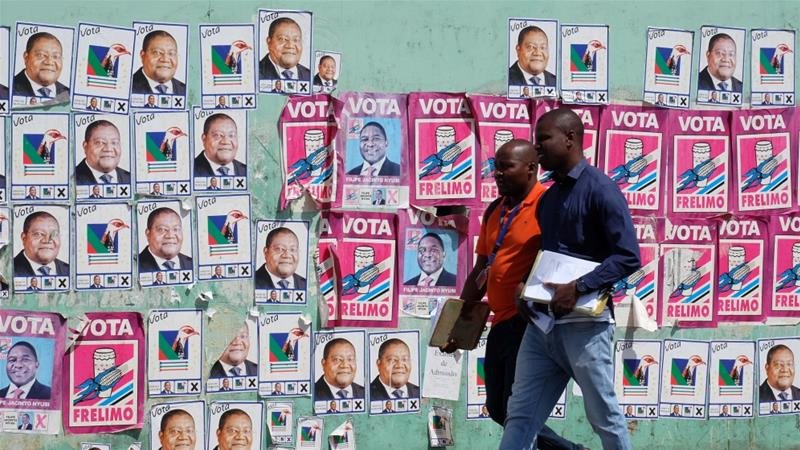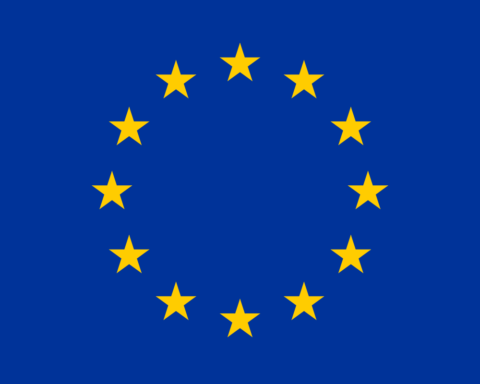The European Union has described as “astonishing” the extent of vote-rigging in last October’s elections in Mozambique.
In their final report, published on Wednesday, EU observers gave a withering assessment of the polls saying they found fraud at almost every stage of the process.
The election – meant to help cement a peace deal in the southern African nation – was won by the governing Frelimo party.
The EU was especially critical of irregularities in opposition strongholds, which it said benefitted Frelimo and its candidates.
The Mozambican electoral commission’s competence and credibility were not just questioned by the EU, but ridiculed.
But as damning as this final report may be, it seems unlikely to make any immediate difference to the political landscape in Mozambique.
African observer missions, and heads of state, have already given the election results and winners their blessing.
A successful legal challenge – as seen recently in neighbouring Malawi – is considered unlikely.
But there are risks for Mozambique. It’s only months since a peace deal was signed to put a final end to decades of civil war. An Islamist insurgency is growing in the north.
A seriously tainted election victory seems unlikely to ease tensions.







